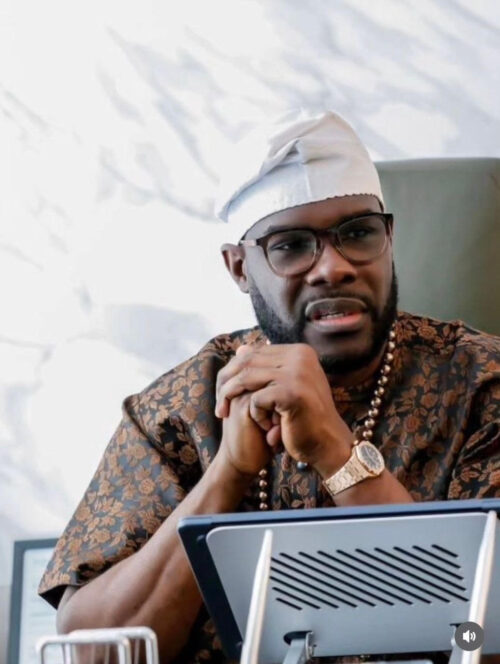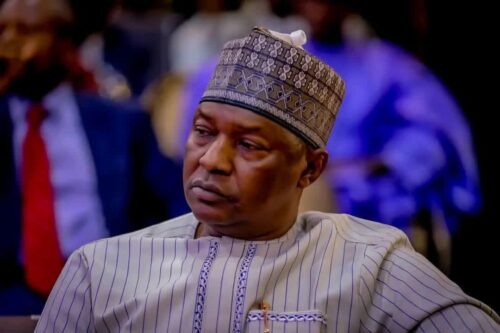There are signs that the suspended Governor of Rivers State, Siminalayi Fubara, is becoming more open to making compromises to reduce the political tensions within the state.
This development comes after Fubara had a meeting with President Bola Tinubu in London during the President’s 18-day stay in Europe.
The Africa Report confirmed that this meeting occurred at the request of Governor Fubara, who initially assumed office in May 2023.
While the confirmation of the specifics of the meeting could not be made by the time of reporting, a senior advisor to the President (according to The Punch) informed the Paris-based publication that Fubara “pledged to make certain concessions in a bid to ease tensions.”
An advisor to the president, speaking anonymously, confirmed, “It is true. Governor Fubara held a private meeting with the president last week.”
The advisor added, “Fubara has promised to make some compromises. Negotiations are ongoing, but from all indications, his suspension will be lifted before the six-month deadline.”
This same official suggested that discussions are ongoing and that Fubara’s six-month suspension might be shortened.
Another aide indicated that Fubara is considering switching from the opposition Peoples Democratic Party (PDP) to the ruling All Progressives Congress (APC) to gain favor with the President.
This aide told the French magazine, “If Fubara joins the APC, it means the president’s chances of winning Rivers State are much higher.”
Presidential aides contacted by our correspondent stated that they were not part of the President’s recent private trip and therefore did not witness the closed-door meeting.
This meeting marks the first direct interaction between them since Tinubu invoked Section 305 of the 1999 Constitution on March 18th, declaring a state of emergency in Rivers State and removing Fubara and his deputy, Ngozi Odu, from office.
In his national broadcast on March 18th, Tinubu cited “months of intense political instability” that had “paralysed governance” and “threatened national stability.”
He subsequently appointed former Navy Chief, Vice‑Admiral Ibok‑Ete Ekwe Ibas, as the sole administrator of the state.
Immediately following this, opposition governors from seven PDP-controlled states filed a lawsuit at the Supreme Court, challenging the constitutionality of the decree and demanding a return to democratic governance.
The political crisis, which has brought governance to a standstill in the oil-rich state, originates from a power struggle between Fubara and his former political mentor, Nyesom Wike, who is now the Minister of the Federal Capital Territory.
The turmoil intensified after Fubara ordered the demolition of the state’s House of Assembly complex in December 2023, leading to a prolonged dispute over the legitimacy of the legislative body.
The situation worsened when 27 lawmakers, loyal to Wike, defected from the Peoples Democratic Party (PDP) to the All Progressives Congress (APC), leading to legal challenges regarding their status.
On February 28, 2025, the Supreme Court ruled that these lawmakers remained legitimate members of the Assembly, criticizing the governor’s actions as unconstitutional and akin to authoritarianism.
The court’s judgment stated that Rivers State had effectively become a one-man rule due to the absence of a functioning legislature.
Despite the Supreme Court’s ruling, governance remained stalled, with the Assembly and the executive branch failing to cooperate.
As of March 2025, the state’s annual budget had not been passed.
Just hours before Tinubu declared the state of emergency, an explosion occurred in a section of the Trans Niger Pipeline in the Bodo Community within the Gonna Local Government Area of Rivers State.
A second explosion also damaged a pipeline manifold in the Omwawriwa area of the Ogba-Egbema-Ndoni Local Government Area of the State.
Citing recent security reports at the time, Tinubu expressed concern over the recent vandalism of oil pipelines by militants, who were allegedly acting in support of Fubara.
President Tinubu, who had been in Paris and then London since April 2nd, agreed to meet with Fubara in an attempt to resolve the ongoing crisis.
Officials indicate that the two discussed restoring functional government in the oil-rich state.
While neither side disclosed the specifics of their discussion, sources suggest that Fubara might be reinstated before his six-month suspension concludes in September.
It was reported that Fubara’s former political mentor, Nyesom Wike, who is now the FCT Minister, was not involved in the meeting and was reportedly uneasy about such an agreement proceeding without his involvement.
However, Tinubu is expected to meet with Fubara, Wike, and the Rivers State lawmakers to find a lasting solution to the political crisis in the state.


 BIG STORY11 hours ago
BIG STORY11 hours ago
 SPORT3 days ago
SPORT3 days ago
 BIG STORY11 hours ago
BIG STORY11 hours ago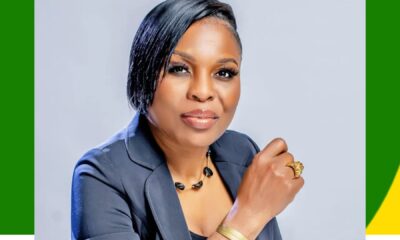
 BIG STORY3 days ago
BIG STORY3 days ago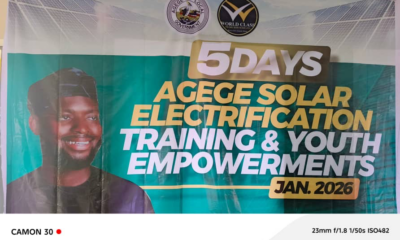
 POLITICS3 days ago
POLITICS3 days ago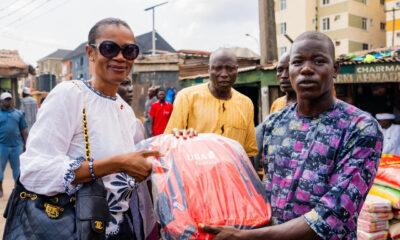
 BUSINESS3 days ago
BUSINESS3 days ago
 NEWS3 days ago
NEWS3 days ago
 NEWS1 day ago
NEWS1 day ago


















